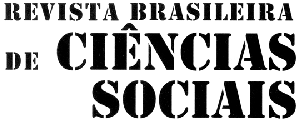The autonomization of the literary field is not only the fruit of a reaction against the market, as analyzed by Bourdieu. It is brought about as well against the moral and political expectations influencing literature. Those expectations are codified in the laws through the penal responsibility of the author, which, according to Michel Foucault, is consubstantial to the emergence of the modern figure of the author. The analysis of the literary processes discloses also what is at stake in the struggle around the definition of the writer's responsibility. Admitting a double dimension subjective and objective, this responsibility is set up not only in relation to the contents of the writings, but also in what concerns their form, their support, their target public, their assumptions related to the social effects of the literature and the social responsibility attributed to the writer. It is in close relation with, and largely against, the penal definition of the responsibility that the writers have built an autonomous professional ethics, which gave place to two opposed postures: that of the art by the art, personified by Flaubert, and that of the engagement, illustrated by Zola and, ulteriorly, by Sartre.
Autonomization; Literary field; Author; Penal responsability; Engaged inteletual
